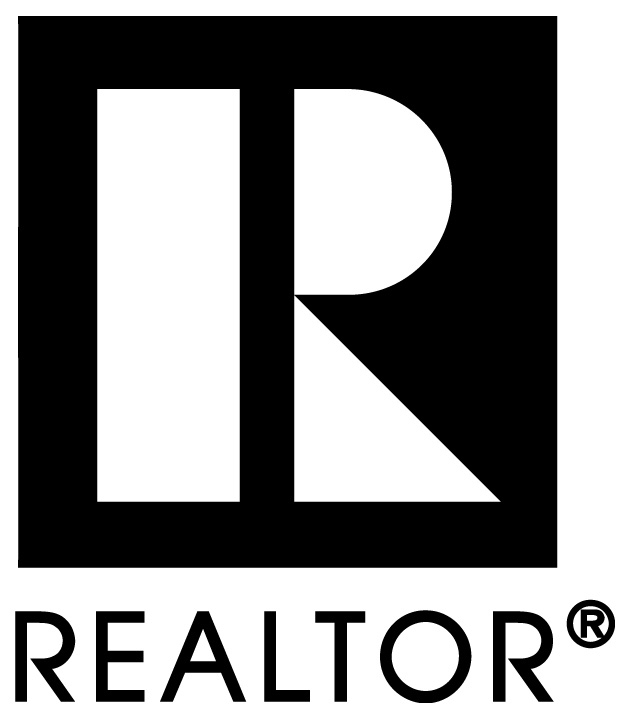Knowing how much property you can afford is one of the most important factors in buying a new home. Your purchasing power is a combination of the amount of money you have for a down payment and closing costs plus the amount of any loans you intend to get. Having your financing in order prior to viewing properties is important for two reasons: (1) working with a lender will help you determine the price range of homes you should be focusing on and (2) when you submit an offer you will need to include a lender approval letter — if you have already been preapproved, then getting this letter should be as simple as a phone call.
Types of Lenders
Mortgage Bankers
The most common type of lender in the residential mortgage arena are mortgage bankers. Examples of mortgage bankers are national lenders (e.g. Wells Fargo or SunTrust) or local or regional lenders (e.g First Savings or Union Mortgage Group). Mortgage bankers typically originate loans and then sell these loans to the secondary mortgage market shortly after funding.
Mortgage Brokers
Mortgage brokers work as intermediaries between mortgage lenders and buyers. Mortgage brokers work with a variety of lenders and often offer the most variety in loan programs. Brokers assist the buyer in filling out the loan application, obtain the credit report and appraisal, offer recommendations of a loan program and work to find a lender to fund the loan. Brokers do not make the decision to extend the loan and do not fund the loan.
Loan Pre-Approval
Each lender has its own requirements that must be met before it will issue a preapproval letter. Generally, most require a completed a loan application, a credit check and some documentation that supports employment and asset information on the loan application. Getting a preapproval letter is an important first step in the loan process. A pre-approval letter must be included with any contract you write.
Loan Approval
Once your contract is accepted and the contract is ratified, you and your loan officer will work closely together to finalize the details of your loan. To finalize your loan, you likely will be asked to provide the following:
- Copies of previous two years’ W-2s
- Copy of most recent pay stub
- Information regarding any outstanding loans (car payments, student loans, other mortgages, etc)
- Information regarding all deposit accounts (savings/checking accounts, stocks, etc)
- Information regarding other assets (IRA/401(k)) if those assets are to be used for the purchase
- If you are applying for a VA (Dept. of Veteran Affairs) loan, a Certificate of Eligibility
If you are self employed, you may be asked for the following:
- Tax returns for previous two years
If you own other property, you may asked for the following:
- Information regarding the property including mortgage information
- Copy of previous two years tax returns
- If the property is rented, a copy of the lease
Our clients are often surprised at how much documentation is required to get a loan. It’s true that just a few years ago, it seemed that almost anyone could get loan — often with no documentation. However, since the financial crisis, lending regulations have been tightened and lenders are now required to more closely scrutinize a buyer’s financial situation to ensure loans are given only to responsible borrowers. If you are contemplating buying a house in the near future, speak to a lender before making any signficant financial changes. Even benign actions (like closing a credit card or moving money from one account to another) can complicate your loan approval process.





